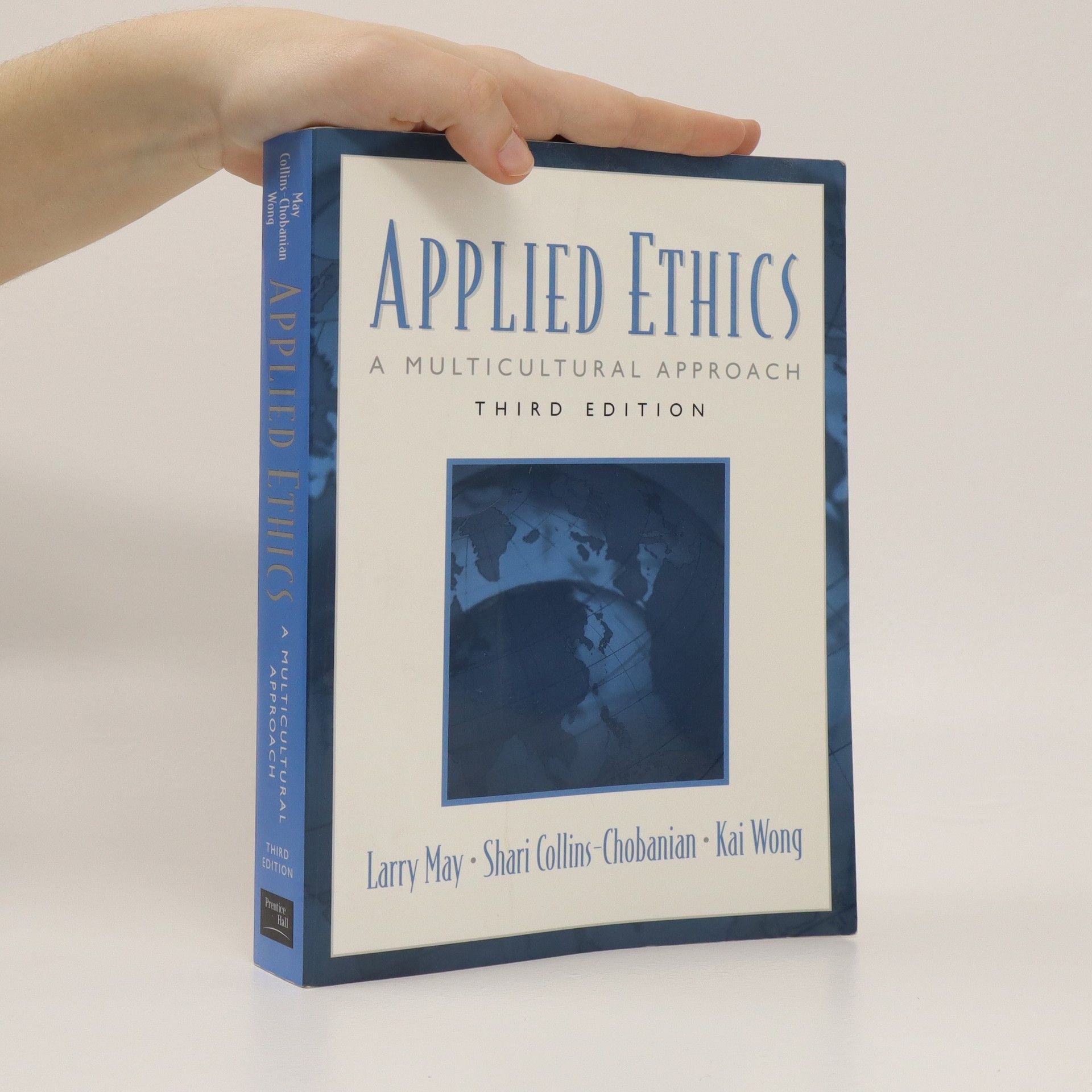Aplied ethics : a multicultural approach
- 686pagine
- 25 ore di lettura
This text addresses various topics in applied ethics from Western and non-Western perspectives. Multicultural perspectives are fully integrated throughout the text.





This text addresses various topics in applied ethics from Western and non-Western perspectives. Multicultural perspectives are fully integrated throughout the text.
Collective Responsibility, Group-Based Harm and Corporate Rights
Focusing on the philosophical underpinnings of international criminal law, the book explores the moral, legal, and political dilemmas surrounding accountability for collective crimes like crimes against humanity. It examines the tension between individual accountability and state sovereignty, emphasizing that breaches of sovereignty must be justified under specific conditions. This analysis is particularly relevant for students of international law, political philosophy, international relations, and human rights theory, offering insights into the complexities of justice on a global scale.
A Social and Legal Examination of Child Trafficking
Focusing on the urgent issue of child trafficking, the book critiques the inadequate legal frameworks currently in place to combat this crisis. It emphasizes the necessity for a more unified and global approach to address the complexities of human trafficking, highlighting the moral imperative for action. Through this assessment, it advocates for stronger international cooperation to effectively tackle the scourge of child trafficking in the 21st century.
Introduction Larry May; Part I. Historical Background: 1. Just War tradition in Late Antiquity and the Middle Ages John Mark Mattox; 2. Grotius and the early modern tradition Johan Olsthoorn; Part II. Initiating a Just War: 3. State defense Yitzhak Benbaji; 4. Just cause Uwe Steinhoff; 5. The condition of last resort Suzanne Uniacke; 6. The moral problems of asymmetric war Steve Lee; Part III. Conducting a Just War: 7. Individual self-defense in war Lionel McPherson; 8. Distinction and civilian immunity Shannon French; 9. Proportionality and necessity in Bello Jovanna Davidovic; 10. Weighing civilian lives: domestic versus foreign Saba Bazargan-Forward; 11. Drone warfare and the principle of discrimination Eric Joseph Ritter; Part IV. Just War and International Legal Theory: 12. Jus ad Bellum Larry May; 13. The basic structure of Jus in Bello Jens David Ohlin; 14. Necessity and proportionality in international law Adil Haque; 15. Humanitarianism: neutrality, impartiality, and humanity Elizabeth Lanphier; 16. The challenge to the laws of war by Islamic Jihad Shannon Fyfe; Afterword Henry Shue.